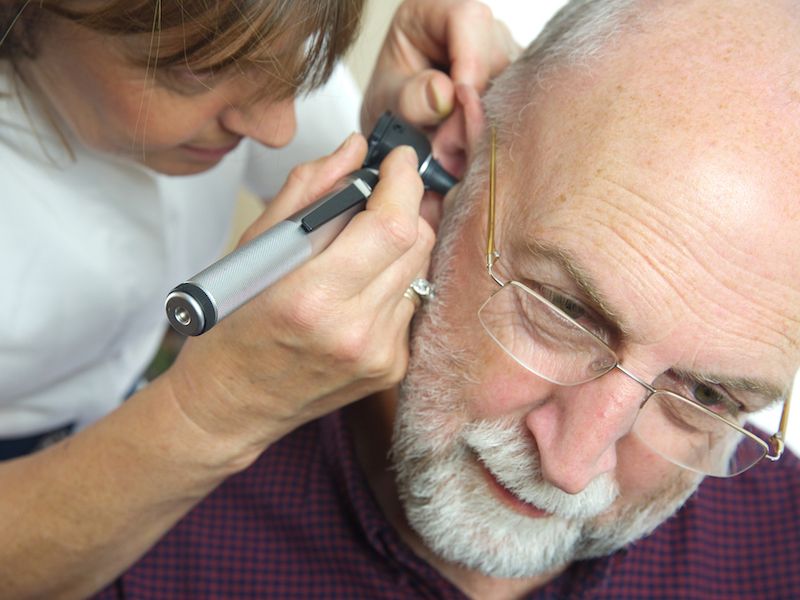
You continue to consult with the eye doctor once a year if you have glasses, right? Due to the fact that, in time, your eyes will change. Your eyes and everything else in your body are dynamic not static including your ears. That’s why even once you buy hearing aids, you should continue having your ears examined just as you do with your eyes.
Unfortunately, many people miss those regular checkups. It’s possible they’ve been consumed with making the most of their lives to get back in to see the doctor. Or maybe lately, work has been stressful. Or it’s possible you’ve simply been so satisfied with your hearing aids that you haven’t needed to go back in. That seems like it should be a good thing, right?
Over time, for individuals suffering from hearing loss, it is even more relevant to have even one follow-up consultation. Despite that, ongoing attention is often ignored. According to one survey, only 33% of seniors with hearing aids also used regular hearing services.
Why Do You Require Check Ups Once You Get Hearing Aids?
Your hearing is dynamic. It changes over time. When these changes occur, you need to modify your hearing aids to compensate. Issues can be detected early and your hearing aids can be tweaked accordingly.
And this is not even the only reason why it might be a smart idea to maintain routine checkups with a hearing expert once you get your hearing aids. Here are some reasons why you should show up for your hearing exams:
- Hearing aid calibration: Even though your general hearing health may continue to be stable, small changes in your hearing might produce the need for annual calibration of your hearing aid. Your hearing aids might slowly become less effective without this type of calibration.
- Degeneration of hearing: Even with a hearing aid, your hearing may continue to deteriorate. If this degeneration is slow enough, you most likely won’t know it’s occurring without the assistance of a hearing screening. Appropriate alterations to your hearing aids can often slow hearing declines.
Along with monitoring changes in your hearing, it’s essential to periodically get a professional cleaning. We can help make certain your hearing aid is operating the way it is supposed to, clean all the small parts and keep it in top notch condition.
The Risk of Not Following up With Routine Check-Ups
The greatest concern, here, is that over time, the hearing aids will quit working the way they’re designed to, so you’ll become irritated with them and stop wearing them altogether. Wearing hearing aids helps you hear better, naturally, but it also impacts your overall health. If you stop wearing your hearing aids, not only can your hearing deteriorate faster, you may not notice it right away. Neglected hearing loss has been connected to several health issues such as cognitive decline and increased chance of accidents.
When it comes to having your hearing aids working at an optimal level, normal examinations are your best bet. Annual hearing assessments or screenings can help you be sure your hearing aids are functioning in the way they should and that your hearing remains safeguarded. So now it’s time to schedule your hearing appointment.